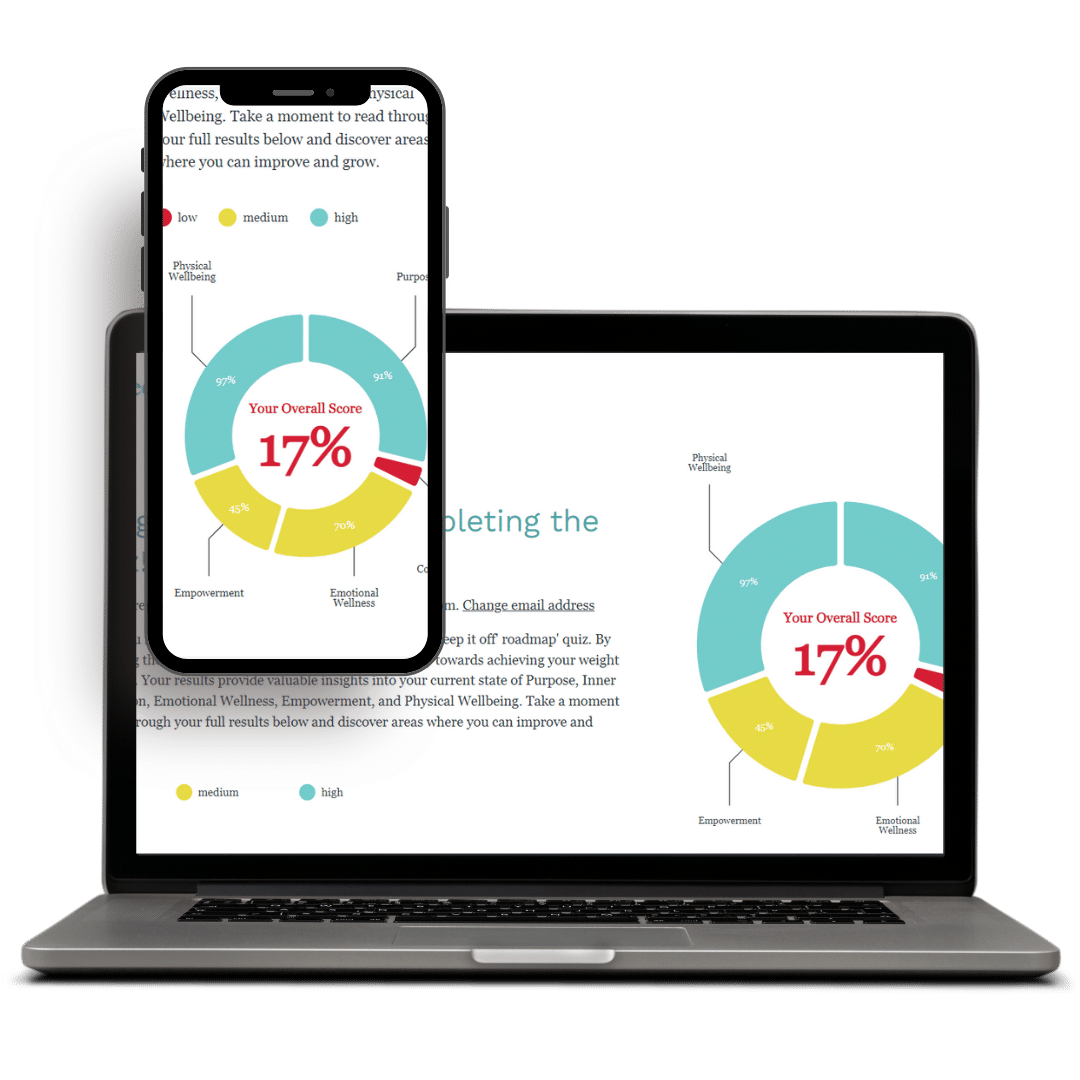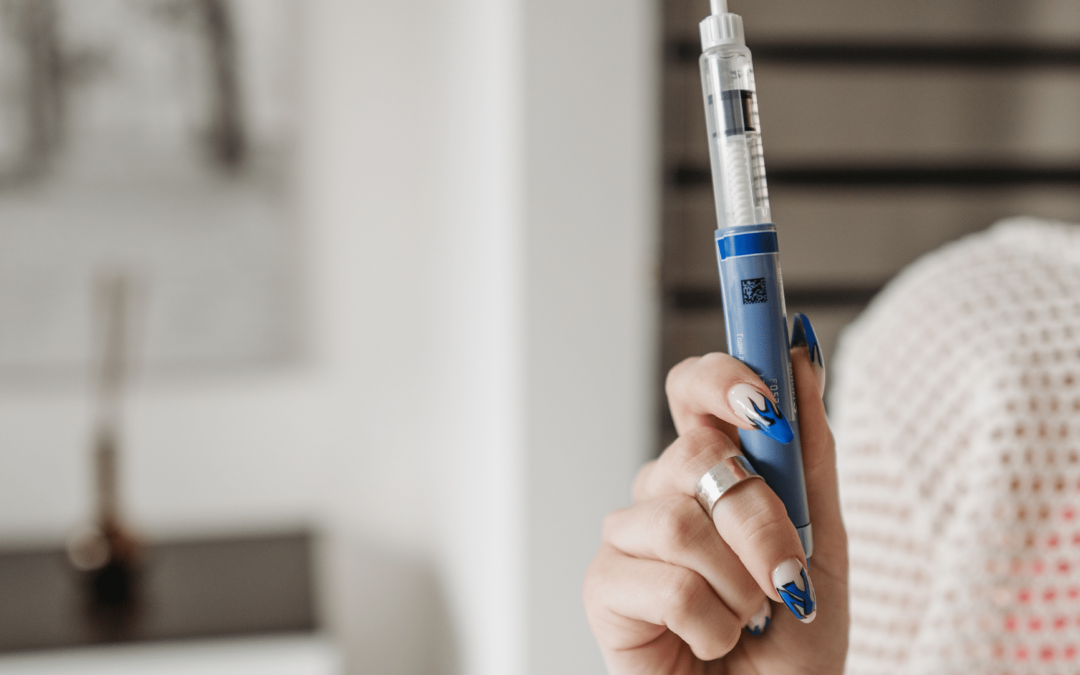As an avid client of hypnotherapy, I often struggle with falling asleep during hypnosis so I researched if it’s ok to fall asleep during hypnosis and what exactly happens to our brains while sleeping during hypnosis. Here’s What I found.
Is it ok to fall asleep during hypnosis?
The general consensus in the scientific community is that sleep is a discrete brain state that maintains awareness of external stimuli. While undergoing hypnosis, it is important to understand that learning and memory processes are still possible during different stages of sleep. Hypnosis is based on the brain’s ability to behave in accordance with distinct brain states, and sleep is one of them.
Hypnosis’ effectiveness is unique to the improvement seen in each individual, so we need to consider each person’s own treatment plan, goals, and outcomes.
Let me explain further
What is the difference between sleep and hypnosis?
Sleep is a key component of maintaining a healthy mind, but it is a completely different state than trance (another way we refer to hypnotic states). While under hypnosis, trance threshold of awareness is much higher than that of sleep, where the responses to external stimuli are diminished. While in a hypnotic trance, patients can respond to suggestions in ways they cannot while asleep.
Hypnosis feels like sleep due to changes in brain waves; as our conscious awareness diminishes with hypnosis, so do our responses to external stimuli as well. Hypnosis and sleep appear highly similar, but our brains are doing vastly different things between both of these states. Trance during hypnosis achieves a meditative state and level of inward focus that is not possible while sleeping, which is more concerned with metabolic recovery.
You might also be interested in this post How Often You Should Do Hypnosis For Lasting Effect
4 ways Sleep and trance differ from one another:
- Sleeping causes the body to undergo increased change across various metabolic processes within the body, while trance states do not.
- Trance does not allow for memory consolidation or long-term implicit learning, but sleep does.
- Trance states allow for a deep, introspective understanding of oneself while under hypnosis, but sleep and dreams do not. Dream content is difficult to recall unless highly unusual or emotionally salient.
- Sleep state brain waves occupy the lowest threshold of brain waves known as delta waves, while hypnotic trance occupies the theta waves. Delta waves are the deepest, most disconnected levels of consciousness, while theta waves are the second-most disconnected, characterized by deep thoughts and trance. We constantly shift between these states while asleep, which is part of the reason sleeping during hypnosis may not be detrimental to your sessions.
Sleep and trance may also intersect in a sleep precursor state known as hypnagogia, which is characterized by much of the trance-like deepness, but with dream content of deep sleep. It is most often experienced as a state directly before sleep, and patients in hypnagogic stages report hearing voices, feeling distinct sensations, and experiencing visual hallucinations.
Current research is focused on harnessing this brain state and using this heightened, lucid awareness for aiding in therapy.
How can I avoid falling asleep if I want to maximise my sessions?
The proof is in the pudding, if you are not getting results or notice any changes and belive its because your sleeping rather than in trance and dead set on staying awake and in a trance during a session, there are some precautions you can take:
- Try sitting in an upright position if you find you’re sleeping more frequently when lying down.
- Scheduling your sessions or listening to audio during the midday rather than at night or early in the morning, when we tend to be at our sleepiest.
- Avoid listening to your session when you feel tired or sleepy, but don’t be worried if you happen to drift off.
How do I know if I’m sleeping or in trance?
A lot of it has to do with timing and recall — if you find yourself waking up right after a session finishes and can recall most of the content, chances are you were in a deep state of trance. If you find yourself waking up minutes, maybe even hours after a session, you were most likely asleep in parts or you drifted off to sleep because you need it if you feel good afterward and notice changes then there’s nothing to worry about.
But there’s a twist…
It’s not a cookie-cutter issue, though, since deep states of trance can be difficult to recall due to post-hypnotic amnesia (phenomenon where individuals have difficulty recalling content while under hypnosis), but luckily, much of your unconscious still attends to the session content. For example, your hypnotist may directly instruct you to forget an aspect of the session; this does not halt progress, as this type of amnesia is typically thought of as amnesia of “retrieval” (reactivating the memory) rather than “storage” (creating the memory in the first place).
are you looking for lasting results?
Are you ready for change but don’t know where to start?
Chat with one of our hypnotherapists today.
Book a FREE discovery call, share what you’re experiencing and see if hypnosis is right for you.
What exactly are hypnosis and sleep to the brain?
Hypnosis is a state of consciousness characterized by a reduced reaction to stimuli, heightened suggestibility, and focused attention on the direction of the hypnotist or audio content. It can allow for pronounced changes in behavior due to this suggestibility and can be instrumental in correcting destructive patterns of behavior. Sleep is defined as a distinct brain state characterized by physiological changes in metabolism, heart rate and consciousness mediated by a reduced response to external stimuli. It is a crucial state of consciousness that allows for memory formation, mood regulation, and improved cognitive ability during wakefulness.
Multiple processes are influenced by both hypnosis and sleep, including:
- Mental health: hypnosis can improve the management of mental health disorders by disrupting maladaptive patterns of thinking. Sleep improves outcomes in individuals with mood disorders and assists in mitigating agitation and depression.
- Metabolic health: hypnosis can be a great tool for managing weight loss by suggesting helpful lifestyle changes through the unconscious. Sleep is also crucial for weight control and appetite, as well as regulating overall metabolism.
- Performance: Hypnosis can be used to improve attention by altering the subconscious habits involved in focus. Attention, energy and fine motor skills are all associated with sleep, as well.
Did you know…
Lack of quality sleep is associated with a multitude of psychiatric disorders, many of which are common among those who seek hypnotherapy. These include depression, bipolar disorder, schizophrenia, anxiety and adjustment disorder. Thus, the relationship between patient therapy and sleep outcomes is important to consider.
Hypnosis and sleep states have also been demonstrated to aid in the subconscious (i.e. below threshold awareness) or implicit (unintentional) learning. Zust et al. (2019) characterized sleep stages using electroencephalography (EEG) with human subjects and found that brains take in and consolidate stimuli presented during sleep, suggesting that some kind of parallel learning process is at work while asleep.
Evidenced by Oakley (2008), hypnotic trance states can even be detected through neuroimaging techniques such as functional magnetic resonance imaging (fMRI) and positron emission tomography (PET) which track brain activity and metabolism. This high level of discrimination is part of what separates hypnosis and sleep from each other.
The key takeaway here is that the brain is still learning and responding regardless of being hypnotized or asleep. However, the efficacy of using sleep-based learning paradigms is still being researched, so there’s more to this story.
This story becomes even richer when we talk about combining the two…
You may also be interested in: How To Stay Calm During A Hypnosis Session + 7 Practical Tips
Does sleeping during hypnosis change outcomes for patients?
So we’ve established that sleep is a good thing and that it’s different from being in a hypnotic trance. The next step is to understand how sleep may alter outcomes for therapy. in many ways, while sleep is a distinct, necessary brain state, hypnotherapists should be cautious about allowing patients to fall asleep during in-clinic sessions, or when listening to hypnotherapy audio sessions.
If you find yourself falling asleep either during a scheduled session with a practitioner or during hypnotherapy downloads, your ability to reach your goals may be altered. As demonstrated, while sleep states can provoke a response from the central nervous system, overall suggestibility is diminished.
It has a lot to do with the function of these brain stages—at more aware stages, your ability to respond to external stimuli (like a suggestion, for instance) is sharp, but at deeper stages, it reduces. If you’re specifically engaging in hypnosis sessions to assist in changing behavior, sleeping may not be the way to go.
Sleeping oftentimes does not impact your outcomes, but it depends on what kind of goals you are hoping to achieve with your hypnotherapist. Being tired and lethargic may slow your progress, but our unconscious is always listening, so improvements can still be made. For instance, you can still benefit from hypnosis during sleep by way of:
- Deep trance; which is a very deep brain state that is less reactive to stimuli.
- Learning; as discussed, the brain still processes external information at deeper brain states, and there is evidence that the consolidatory feedback right before sleep can help with memorizing certain auditory cues.
It is far more likely that individuals feel sleepy due to the inherently relaxing nature of hypnosis sessions—directing your thoughts and closing your eyes is the recipe towards knocking out.
This post may also be useful to you: Can Hypnotherapy Help With Mindset?
are you looking for lasting results?
Are you ready for change but don’t know where to start?
Chat with one of our hypnotherapists today.
Book a FREE discovery call, share what you’re experiencing and see if hypnosis is right for you.
Should I avoid sleep even if I’m treating insomnia?
Hypnosis is just one of many ways you can treat insomnia, often with even more immediate results than other treatments. Many common solutions often come with a multitude of side effects that impede daytime functioning. Residual drowsiness, reduced attention and lethargy are common among individuals prescribed sleeping pills, for example.
Interestingly, hypnosis is often sought after for its usefulness in mediating insomnia and sleep disorders. Non-invasive and effective after a minimal amount of sessions, sleep hypnotherapy may be the newest frontier in treating disorders of sleep. While it is consistently touted as being an effective standalone treatment for reducing insomnia, hypnotherapy for treating sleep disorders is most influential when used in tandem with cognitive-behavioural therapy (CBT).
Thus, it is sometimes ok to fall asleep during hypnosis, but really only if you do not mind possibly minimizing the benefits, and are looking to achieve quality sleep.
Do I have to choose between hypnosis and sleep?
As evidence, you are much better off combining the two and balancing their roles in your life. Hypnotherapy is a powerful tool for helping patients live well and healthily. Countless clinical research studies are interested in how less invasive therapies can improve the lives of patients all around the world. Hypnosis maximises mental health benefits of cognitive-behavioral therapies while reducing the incidence of adverse events common among pharmaceutical interventions.
Therefore, we should not have to choose between hypnosis and sleep — you may be able to find a balance between using hypnotherapy to aid in trance discovery and using it to obtain better sleep. Both are essential ingredients to creating a powerful change in maladaptive behaviors.
are you looking for lasting results?
Are you ready for change but don’t know where to start?
Chat with one of our hypnotherapists today.
Book a FREE discovery call, share what you’re experiencing and see if hypnosis is right for you.

Discover Your Weight and Wellness Score
…and discover the key to lasting wellness.
The Keep it Off Scorecard benchmarks your ability to make lasting changes, lose weight naturally and keep it off. If you to love your life, love who you are at your core and love food again, this tool will identify your baseline.
Take this scorecard and find out how ready you are to Keep It Off – and receive a report that’ll tell you what to work on to make it happen.
MINDSET

Embracing Emotional Eating: Nurturing a Positive Relationship with Food
5 MINUTE READ In the...
WEIGHT LOSS HYPNOTHERAPY

Virtual Weight Loss Injection Pen Hypnosis
Virtual Weight Loss...
NUTRITION

Moist and Light Flourless Carrot Cake
Moist and Light...

